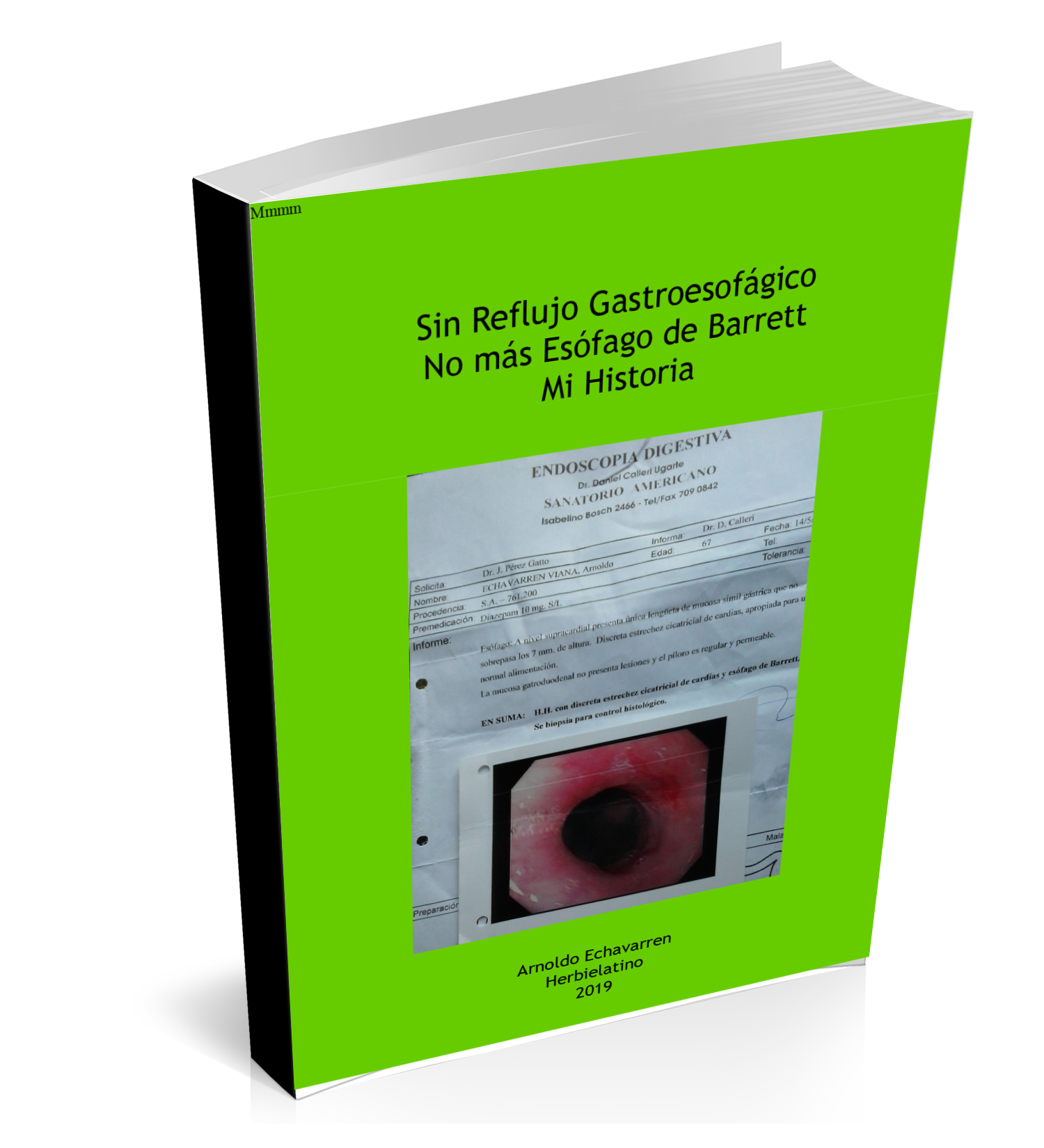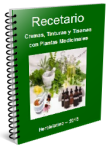Los extractos de tomates verdes (no maduros) que contienen tomatina, un glicoalcaloide, inhiben el crecimiento de tumores de mama, colon, hígado y estómago.
- Tomatine-Containing Green Tomato Extracts Inhibit Growth of Human Breast, Colon, Liver, and Stomach Cancer Cells
Mendel Friedman, Carol E. Levin, Seung-Un Lee, Hyun-Jeong Kim, In-Seon Lee, Jae-Oke Byun and Nobuyuki Kozukue
J. Agric. Food Chem., Publication Date (Web): June 10, 2009
Abstract
Tomato plants (Lycopersicon esculentum) synthesize the glycoalkaloids dehydrotomatine and a-tomatine, possibly as a defense against bacteria, fungi, viruses, and insects. Six green and three red tomato extracts were investigated for their ability to induce cell death in human cancer and normal cells using a microculture tetrazolium (MTT) assay. Compared to untreated controls, the high-tomatine green tomato extracts strongly inhibited the following human cancer cell lines: breast (MCF-7), colon (HT-29), gastric (AGS), and hepatoma (liver) (HepG2), as well as normal human liver cells (Chang). There was little inhibition of the cells by the three low-tomatine red tomato extracts. Cell death induced by the pure glycoalkaloids dehydrotomatine and a-tomatine isolated from green tomatoes and characterized by HPLC, GC, and GC-MS, as well as their respective aglycones tomatidenol and tomatidine, was also evaluated. a-Tomatine was highly effective in inhibiting all of the cell lines. Dehydrotomatine, tomatidenol, and tomatidine had little, if any, effect on cell inhibition. The results show that the susceptibility to destruction varies with the nature of the alkaloid and plant extract and the type of cancer cell. These findings extend related observations on the anticarcinogenic potential of glycoalkaloids and suggest that consumers may benefit by eating not only high-lycopene red tomatoes but also green tomatoes containing glycoalkaloids. Possible mechanisms of the anticarcinogenic and other beneficial effects and the significance of the cited observations for breeding improved tomatoes and for the human diet are discussed.
Los extractos de la manzana inhiben la proliferación de las células cancerosas que dependen de los estrógenos y las que no dependen de ellos, en el cáncer de mama humano.
- Apple Phytochemical Extracts Inhibit Proliferation of Estrogen-Dependent and Estrogen-Independent Human Breast Cancer Cells through Cell Cycle Modulation
Jie Sun† and Rui Hai Liu*†‡
Department of Food Science and Institute of Comparative and Environmental Toxicology, Cornell University, Ithaca, New York 14853
J. Agric. Food Chem., 2008, 56 (24), pp 11661–11667
Abstract
Breast cancer is the most commonly diagnosed cancer in women in the United States. Dietary modification, particularly increased intake of fruits and vegetables, has been consistently associated with a reduced risk of various cancers, including breast cancer. Apples are a major source of dietary phytochemicals and flavonoids and possess potent antioxidant activity andantiproliferative activity in vitro. However, the molecular mechanisms of the anticancer properties of apple phytochemicalextracts are not completely understood. In this study a possible mechanism by which apple extracts could inhibit cancer cellgrowth in vitro using estrogen-dependent MCF-7 and estrogen-independent MDA-MB-231 human breast cancer cell lines wasanalyzed. The data showed that apple phytochemical extracts significantly inhibited human breast cancer MCF-7 andMDA-MB-231 cell proliferation at concentrations of 10?80 mg/mL (p < 0.05). DNA flow cytometric analysis showed that appleextracts significantly induced G1 arrest in MCF-7 cells in a dose-dependent manner at concentrations >20 mg/mL (p < 0.05). Atconcentrations of 15, 30, and 50 mg/mL, apple extracts caused a greater increase in the G1/S ratio in MDA-MB-231 cells whencompared with MCF-7 cells (p < 0.05). Cyclin D1 and Cdk4 proteins, the two major G1/S transit regulators, decreased in adose-dependent manner after exposure to apple extracts. These results suggest that the antiproliferative activities of applephytochemical extracts toward human breast cancer cells might be due to the modulation effects on cell cycle machinery.
- Apoptotic Effects of Protocatechuic Acid in Human Breast, Lung, Liver, Cervix, and Prostate Cancer Cells: Potential Mechanisms of Action
Mei-Chin Yin†, Chun-Che Lin, Hsi-Chin Wu§, Shih-Ming Tsao and Cheng-Kuang Hsu
Department of Nutrition, China Medical University, 91, Hsueh-shih Road, Taichung City, Taiwan, ROCDepartment of Internal Medicine, Chung Shan Medical University Hospital, Taichung City, Taiwan, ROC§Department of Urology, China Medical University and Hospital, Taichung City, Taiwan, ROC Department of Health and Nutrition Biotechnology, Asia University, Taichung County, Taiwan, ROC
J. Agric. Food Chem., Publication Date (Web): June 23, 2009
Abstract
Apoptotic effects of protocatechuic acid (PCA) at 1, 2, 4, 8 µmol/L on human breast cancer MCF7 cell, lung cancer A549 cell, HepG2 cell, cervix HeLa cell, and prostate cancer LNCaP cell were examined. Results showed that PCA concentration-dependently decreased cell viability, increased lactate dehydrogenase leakage, enhanced DNA fragmentation, reduced mitochondrial membrane potential, and lowered Na+-K+-ATPase activity for these cancer cells (P < 0.05). PCA also concentration-dependently elevated caspase-3 activity in five cancer cells (P < 0.05), but this agent at 2-8 µmol/L significantly increased caspase-8 activity (P < 0.05). PCA concentration-dependently decreased intercellular adhesion molecule level in test cancer cells (P < 0.05) but significantly inhibited cell adhesion at 2-8 µmol/L (P < 0.05). PCA also concentration-dependently lowered the levels of interleukin (IL)-6 and IL-8 in five cancer cells (P < 0.05), but this agent at 2-8 µmol/L significantly suppressed vascular endothelial growth factor production (P < 0.05). These findings suggest that PCA is a potent anticancer agent to cause apoptosis or retard invasion and metastasis in these five cancer cells.




seria interesante por no decir basico que estas paginas que vienen en ingles se pudiera traducir al castellano o que fueran publicadas en castellano, ya que la pagina al ser en español no te lo traduce.
Luisa,
Tienes mucha razón. El problema es el tiempo para traducir cada uno de los resúmenes que estoy publicando. Estoy en la disyuntiva de publicar menos y traducidos o publicarlos en inglés a medida que aparecen o los encuentro. Gracias por el comentario sincero.
Que pudieran publicar los últimos avances contra el cáncer, con pruebas de algunas personas que se hallan curado
Gracias
Doris. Estamos continuamente monitoreando los avances sobre el uso de plantas medicinales en tumores. En cuanto a publicar testimonios o pruebas clínicas de personas que se hayan curado, que son muchos miles, eso está fuera del alcance y de los objetivos de este blog.
me gustaria que me dijera una planta mas comun y su preparacion exacta para una persona que esta pasando por el regreso de un linfoma de hopkins y si tu crees que las hierbas le puedan servir de algo de verdad yo tengo mucha fe y me gustaria intentarlo todo
Lupita, vayamos por partes. Hay muchas plantas que pueden ayudar. Tienes que averiguar cuáles puedes obtener en tu ciudad, sea como plantas secas o en forma de preparados (cápsulas, etc). No puedes administrarlas sin discutirlo con el especialista, que talvez esté manejando posibilidades como la quimioterapia. Te cito algunas a modo de ejemplo.
Guanábana o graviola (Annona muricata), infusión de hojas. Echinácea (Echinacea purpurea), raíz fresca o seca, decocción de 15 minutos. Uña de gato (Uncaria tomentosa), decocción de rizoma, 10 minutos.
Y te convendría leer algunas de las páginas publicadas en el blog, tanto para la selección de plantas como para lograr una dieta adecuada.
https://herbielatino.wordpress.com/fitoterapia/sist-inmun/cancer-hongos/
https://herbielatino.wordpress.com/fitoterapia/sist-inmun/cancer-1/
https://herbielatino.wordpress.com/fitoterapia/sist-inmun/otras-cancer/
Sigo a tu disposición para ampliar esta información y agradezco tu participación.
Es cierto lo de la guanábana?. Gracias de antemano.
Hay pruebas científicas sobre propiedades de la guanábana. No se a cuáles te refieres. Hay páginas muy serias en Internet y también de las otras. Gracias por participar.
hola! primeramnete un gran saludo, mi mama tiene un cancer de mama muy avanzado, y hasta ahora lo sabemos, quisiera saber aparte de la hoja de la graviola y el jugo de guanabana, que otra fruta o planta es efectiva, quiero probar lo que sea que la saque de este terrible mal. gracias!! soy de venezuela, caracas
Ginette, lamento saber eso. En varias páginas del blog (el listado aparece en la columna derecha) se hace mención a plantas con eficacia aparente sobre tumores. De todos modos deberías estar guiada por un especialista para lograr lo mejor. Seguramente sabrás que hay etapas en las que solamente con fe se puede combatir ese mal. Mi comprensión y saludos.
I am genuinely thankful to the holder of this web site
who has shared this enormous post at this time.